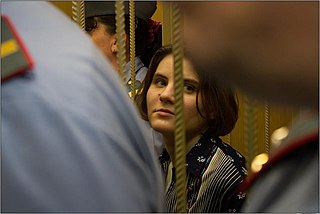A Quote by James K. Polk
Thank God, under our Constitution there was no connection between church and state.
Quote Topics
Related Quotes
As you know, the separation of church and state is not subject to discussion or alteration. Under our Constitution no church or religion can be supported by the U.S. Government. We maintain freedom of religion so that an American can either worship in the church of his choice or choose to go to no church at all.
It is true that traditional Christianity is losing some of its appeal among Americans, but that is a religious, not political, matter. It is worth remembering that the Jeffersonian 'wall of separation' between church and state has always been intended to protect the church from the state as much as the state from the church.
Research at the subatomic quantum level reveals an invisible connection between all particles and all members of a given species. This oneness is being demonstrated in remarkable scientific discoveries. The findings show that physical distance, what we think of as empty space, does not preclude a connection by invisible forces. Obviously there exist invisible connections between our thoughts and our actions. We do not deny this, even though the connection is impervious to our senses.
The laws are, and ought to be, relative to the constitution, and not the constitution to the laws. A constitution is the organization of offices in a state, and determines what is to be the governing body, and what is the end of each community. But laws are not to be confounded with the principles of the constitution; they are the rules according to which the magistrates should administer the state, and proceed against offenders.
































